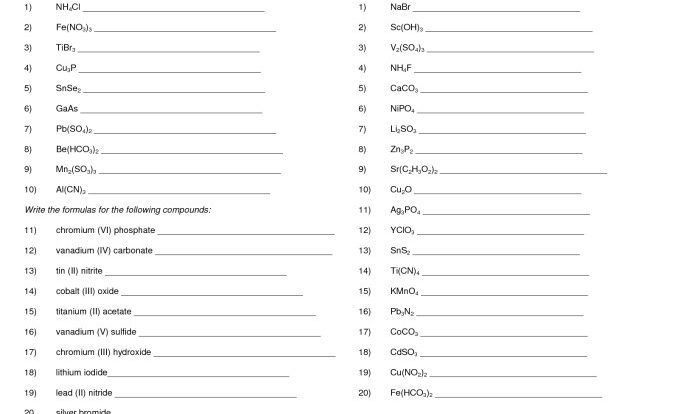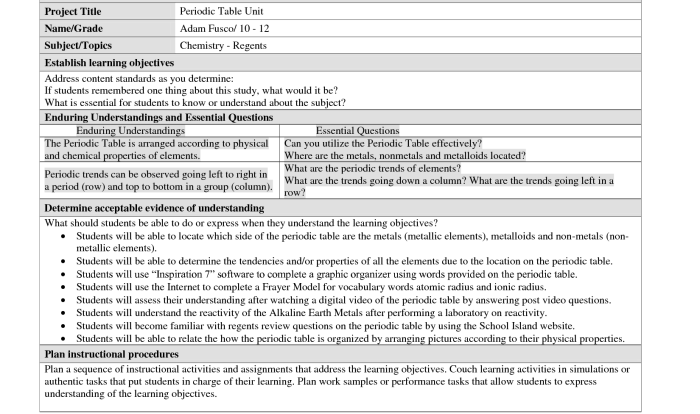Advance study assignment determination of a chemical formula – Embarking on the “Advanced Study Assignment: Determination of a Chemical Formula,” we delve into the captivating realm of chemistry, where understanding the composition of substances is paramount. Accurately determining chemical formulas unveils the intricate architecture of molecules, empowering scientists to unravel their properties, predict reactions, and harness their potential in various fields.
Through a comprehensive exploration of experimental techniques, spectroscopic methods, and meticulous data analysis, this assignment equips students with the tools to decipher the molecular blueprints of chemical compounds. By mastering these techniques, they gain the ability to unlock the secrets of chemical reactivity, solubility, and other fundamental characteristics that govern the behavior of matter.
Introduction to Advanced Study Assignment: Determination of a Chemical Formula
The purpose of this assignment is to determine the chemical formula of a compound. This involves identifying the elements present in the compound and determining the proportions in which they are combined. Accurately determining chemical formulas is crucial in chemistry as it allows us to understand the structure, properties, and reactivity of compounds.
Methods for Determining Chemical Formulas

Experimental Techniques for Empirical Formula Determination
Elemental analysis determines the mass percentages of different elements in a compound. Titration involves reacting a known amount of the compound with a reagent of known concentration to determine the concentration of a specific element or ion.
Spectroscopy for Molecular Formula Determination, Advance study assignment determination of a chemical formula
Mass spectrometry measures the mass-to-charge ratio of ions produced from the compound, providing information about the molecular weight. Nuclear magnetic resonance (NMR) spectroscopy provides information about the structure and connectivity of atoms within the molecule.
Data Analysis and Calculations: Advance Study Assignment Determination Of A Chemical Formula
Experimental data is analyzed to determine the mole ratios of elements present. Stoichiometry is used to balance chemical equations and calculate the empirical formula. Mass percentages and molar masses are used to calculate the molecular formula.
Applications of Chemical Formula Determination
Chemical formulas are essential in various fields, including:
- Chemistry: Understanding the structure, properties, and reactivity of compounds
- Biology: Determining the composition of biomolecules, such as proteins and DNA
- Medicine: Developing new drugs and understanding the mechanisms of drug action
Chemical formulas can be used to predict properties, such as solubility and reactivity, and to design new materials with desired properties.
Helpful Answers
What is the significance of determining chemical formulas?
Accurately determining chemical formulas is crucial for understanding the composition and properties of substances, enabling scientists to predict their behavior and harness their potential in various fields.
What experimental techniques are used to determine chemical formulas?
Common experimental techniques include elemental analysis, titration, mass spectrometry, and NMR spectroscopy, each providing valuable insights into the elemental composition and molecular structure of compounds.
How are chemical formulas used in practical applications?
Chemical formulas find widespread use in chemistry, biology, and medicine, guiding the synthesis of new compounds, predicting reactivity and solubility, and understanding the mechanisms of biological processes.

